Here are some pointers and ideas for promoting your Nine-Month-Old Baby’s healthy development at this stage:

- Spend time on the floor with your baby playing. If your baby is already crawling, make an obstacle course for her to crawl over and between using pillows, boxes, and cushions. Dangle an intriguing thing just out of her grasp to entice her to crawl toward it.
- Wait before offering assistance. Knowing when to assist your child and when to let her figure things out for herself is a delicate balance. If she’s playing with a toy and it rolls under a cushion, do you assist her or let her try? If you can sense she’s frustrated, assist her; if she sees it as a task and is still working on retrieving it, let her try again.
- Give your baby safe toys with moving parts that change as she handles them to help her strengthen her finger skills. Toys that stack like building blocks, floating, squeezable bath toys like a rubber duck, or push-pull toys like a small wooden railroad are all good ideas.
- Allow your infant to meet other babies and their parents, but keep in mind that she may feel uneasy around new people. Allow her time to adjust to new people and settings.
How to Feed Your 9-Month-Old Baby
Around this stage, baby food may provide for half of your baby’s daily calories, with the other half coming from breast milk or formula.
Your baby may be able to help herself to finger food when she is about 9 months old. Small chunks of cooked vegetables or a soft banana are both good options. You may also give her a little spoon with some yoghurt on it and ask her to move it toward her mouth. Don’t anticipate her to be able to serve herself an entire meal just yet because much of the food will end up on the table or the floor.
When your baby is trying to eat, always observe her and avoid giving her large chunks of food or small hard items; at this stage, she may swallow without chewing, and larger pieces can be a choking hazard.
Here is an example of a daily menu for your 9-month-old that includes baby food as well as breast milk or formula. It also offers you an idea of how much baby food to feed your 9-month-old.
How Much Sleep Does a 9-Month-Old Infant Require?
Nine-month-old newborns sleep 10 to 12 hours at night and have two naps during the day, usually in the mid-morning and mid-afternoon. Your baby will probably not need a middle-of-the-night meal by this point, but she may wake up if she is concerned about where you are. To cope, she may suck her thumb or snuggle with a comfort item such as a little blanket.
However, if you hear her crying, go to her and comfort her that everything is fine. Of course, you should always make sure your baby is comfortable and not sick, but if everything appears to be fine, avoid taking her to your bed or turning on the light. The goal is to reassure her quietly and persistently that you’ll be there for her if she needs you, and gradually teach her that she may sleep comfortably without fearing that you’re not there.
A Day in the Life of Your Baby
Every baby is different, but here’s a glimpse of what a typical day could look like with your baby.
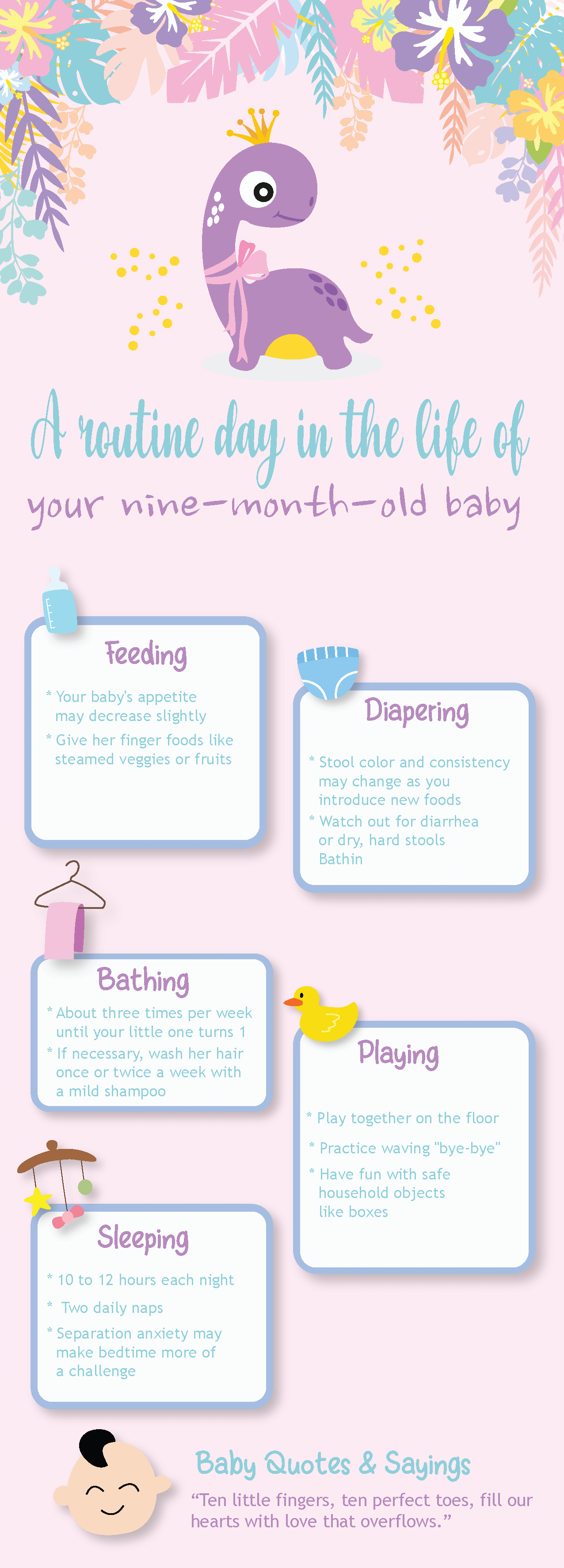
Your Baby’s Health: Sun Safety Tips
Sunscreen is essential for your baby’s skin. It’s normal to want to spend time outside with your infant during the warmer months, but too much time in the sun can cause skin damage. In reality, damaging UV rays can cause damage even in the cooler months, thus the following sun protection tips should be followed all year:
- Aim to keep your baby out of direct sunlight between 10 a.m. and 4 p.m., when it’s at its strongest.
- Dress your baby in lightweight cotton garments that cover the majority of his or her skin.. Think long sleeves and long pants.
- When playing outside, use a beach umbrella for shade and pull the stroller’s shade cover down during walks.
- Put on a wide-brimmed hat for your child.
- Apply a broad-spectrum sunscreen with an SPF of 30 or higher to your baby’s skin for about 30 minutes before going outside. It should be reapplied every two hours.
- If your infant does get burnt, you can assist relieve the pain by applying a cool washcloth to the afflicted region and then hydrating the skin. Burns that blister may require medical attention, so consult your doctor.
Other common health concerns you may want to be aware of now or in the future, in addition to sun protection and skin care, include whooping cough and middle ear infections.
Whooping cough
- Whooping cough, also known as pertussis, is a bacterial infection that causes inflamed airways. It causes acute coughing with a “whooping” sound, especially in older children. Babies in their first year are most in danger of developing whooping cough into something more serious, thus quick medical attention is necessary.
- If your infant gets a more severe cough or becomes weary after coughing, contact your kid’s healthcare practitioner right away. Also, contact your provider right away if your baby has shortness of breath, bluish lips or fingertips, drools or vomits from coughing. Follow your doctor’s treatment plan, but bear in mind that it could be weeks or even months before the cough goes away.
Infections in the middle ear
- By the age of two years, two-thirds of all children have an ear infection. Your baby can’t tell you that his ear hurts with words at 9 months old, but he may show you in other ways. He may cry during feedings, for example, since sucking and swallowing create pain in his middle ear. He may also experience sleeping difficulties or develop a fever.
- You may notice blood-tinged fluid or pus draining from the infected ear. You might also note that he doesn’t seem to hear as well. During the cooler months, middle ear infections are more common. If you suspect a concern, contact your baby’s healthcare practitioner. The clinician will recommend a treatment plan, which may involve the use of antibiotics. If your kid is given antibiotics, make sure he finishes the entire course and doesn’t stop giving the prescription even if he feels better.
COMMONLY ASKED QUESTIONS
What can I feed my 9-month-old?
- Breast milk or formula should provide approximately half of your baby’s daily calories, with the remainder coming from food. Nine-month-old newborns can consume the following foods:
- pureed fruits and vegetables
- small pieces of steamed veggies
- soft fruit bits, such as bananas
- well-cooked whole-grain pasta
- small pieces of whole-grain bread
- small pieces of chicken
- scrambled eggs
- whole-grain cereals
- yoghurt
- oatmeal.
What are some finger meals suitable for a 9-month-old?
- Nine-month-old newborns may begin to eat with their fingers, which is a crucial step toward self-feeding. Steamed vegetables, soft fruits, spaghetti, chicken, and scrambled egg bits are all good finger food options. Babies at this age may attempt to swallow food whole, so make sure the food is soft and cut into little pieces to avoid choking.
Can babies start walking at 9 months old?
- Many babies take their first few steps around the age of one year. Some babies, however, learn to walk sooner or later.
How many naps does a 9-month-old infant require?
- Typically, nine-month-old newborns take two naps every day. One in the middle of the morning, one in the middle of the afternoon.
Your Parenting Life: How to Plan a Baby-Friendly Vacation
Are you planning a family vacation? You may be concerned about travelling with a newborn, but it is very possible – and a lot of fun! Here are some pointers to help you have a successful trip:
- Choose a peaceful and safe venue to help you feel less stressed. It might help to go somewhere you’ve gone previously and are familiar with.
- Don’t plan a crammed itinerary. Instead, include plenty of downtime and rest into your vacation schedule.
- Consider where your baby will sleep. Will you make use of a portable bed? If that’s the case, it could be a good idea to let him take a few naps in it before you go so he gets used to it.
- Try to imitate home in whatever way you can. For example, you could stick to the same daily pattern or bring your baby’s favourite toy to calm him.
- Bring plenty of baby wipes. They’re great for cleaning hands and cheeks, as well as cleaning public restrooms where you might need to change your infant.
- Check out this guide on what to take in your diaper bag. Have additional clothes, diapers, snacks, and water on hand.
- If you’re flying, read this post on flying with a baby for helpful tips on how to deal with this with your infant.
- Try to remain calm, even if it is easier said than done. If you adopt a relaxed demeanour and are having a wonderful time, your infant will be more inclined to do the same.
This page is based on professional advice from reputable medical and government organizations, such as the American Academy of Pediatrics and the American College of Obstetricians and Gynecologists. This page’s material should not be used in place of professional medical advice. For a complete diagnosis and treatment, always seek the advice of a medical expert.


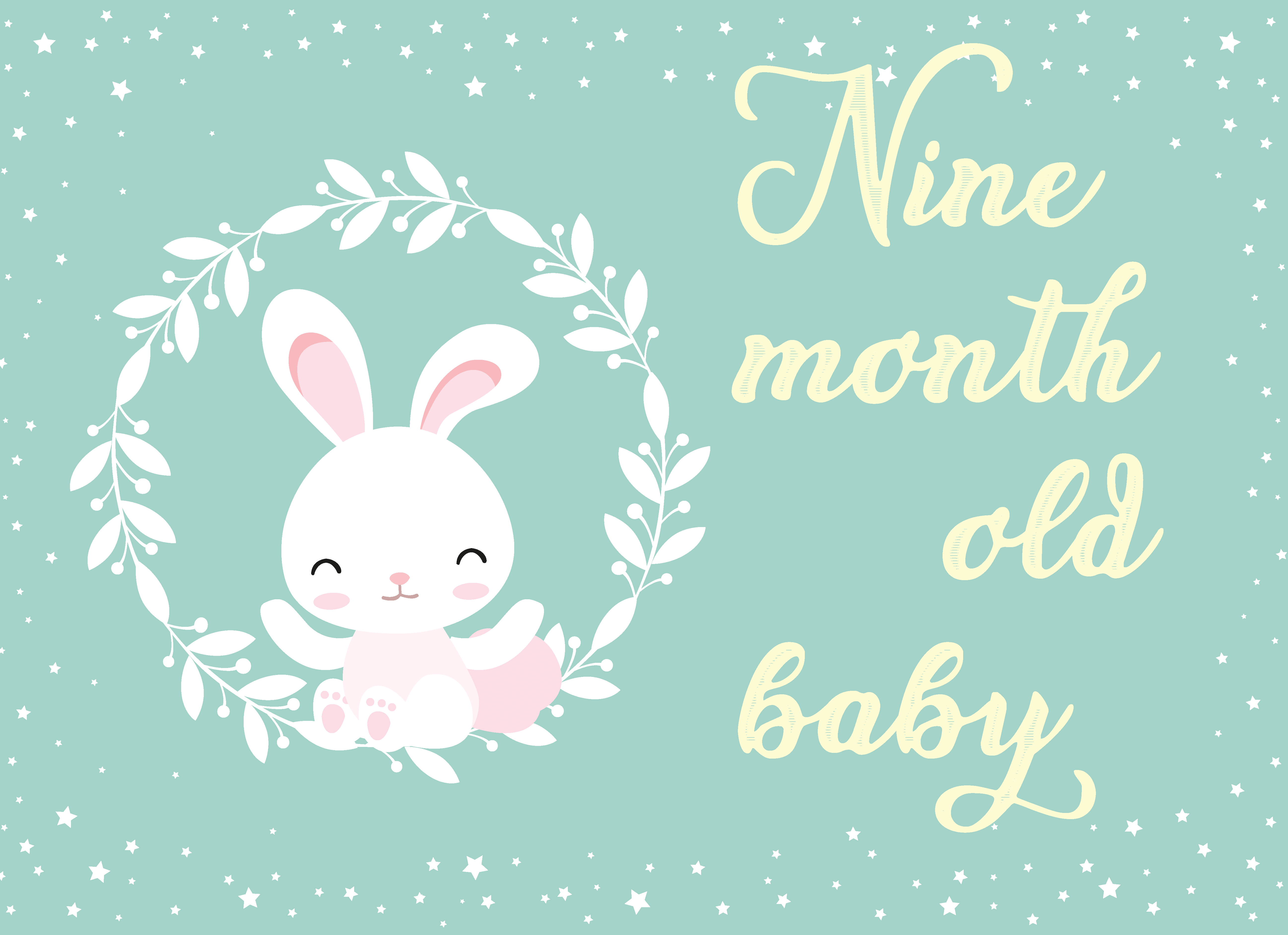


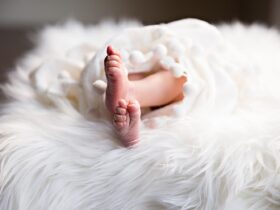
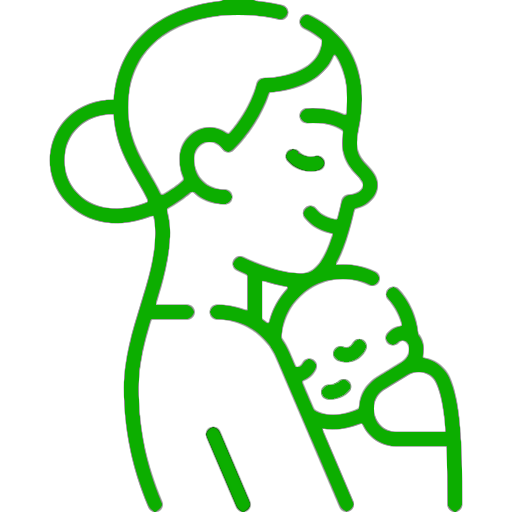

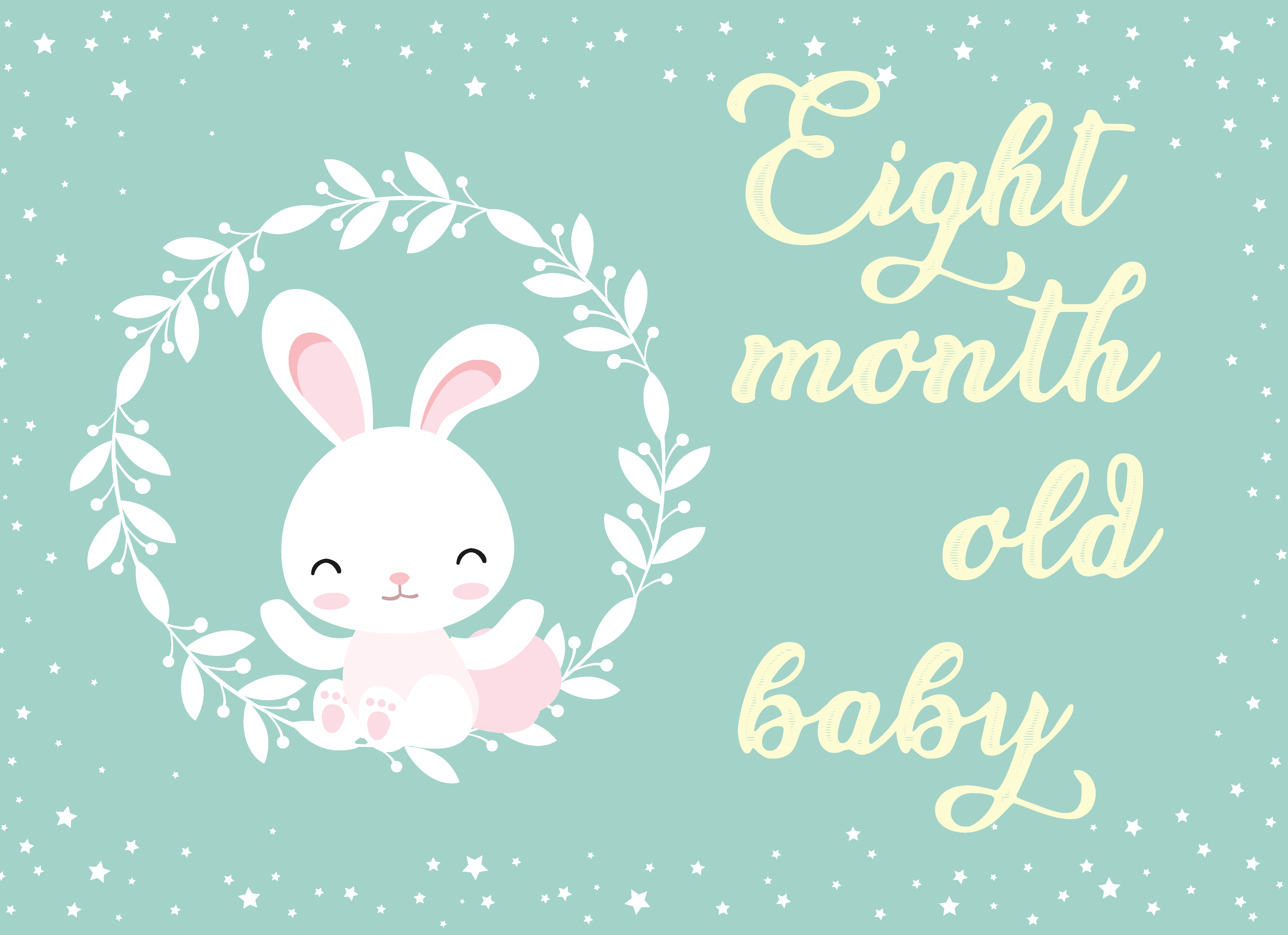

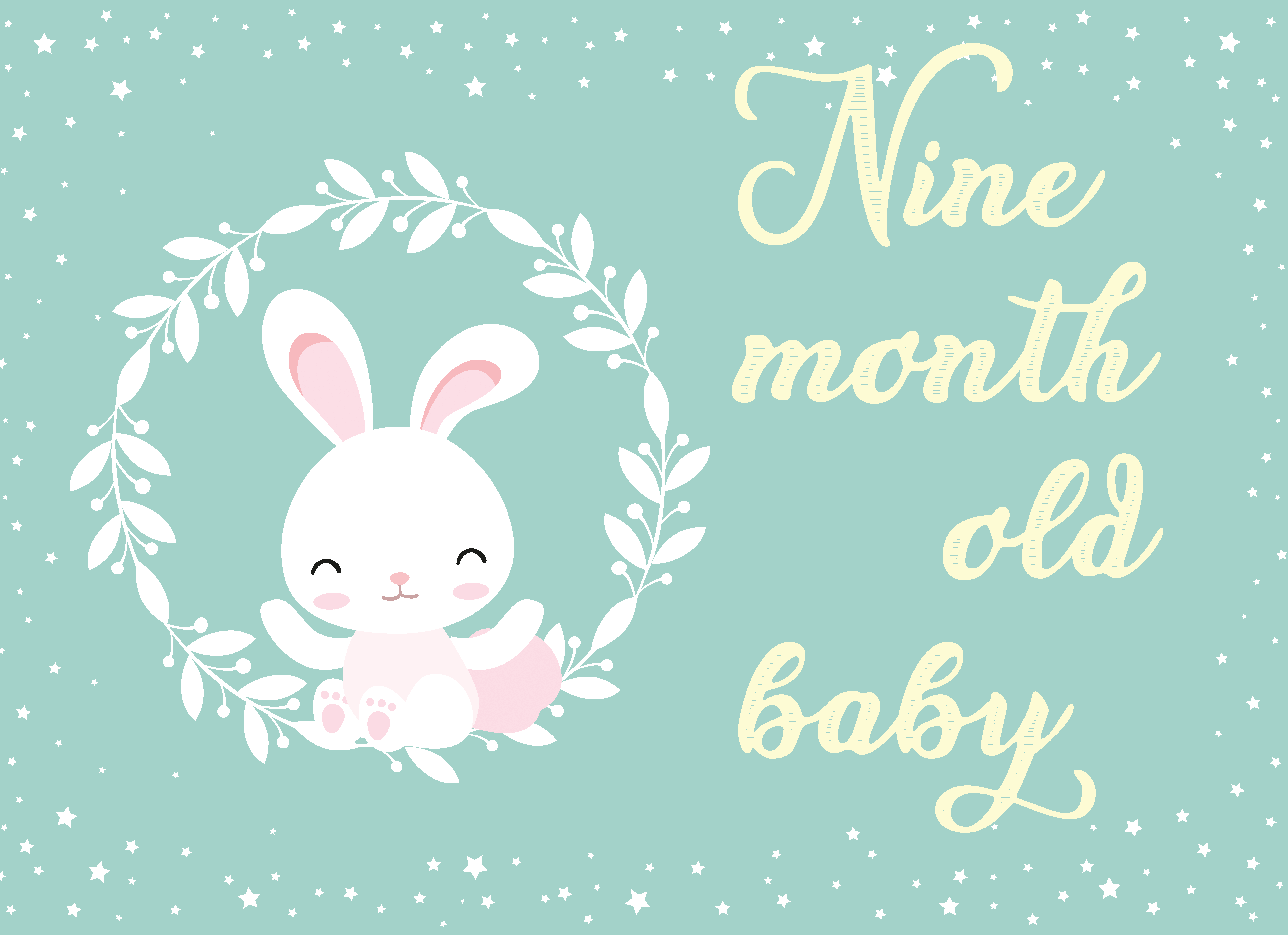
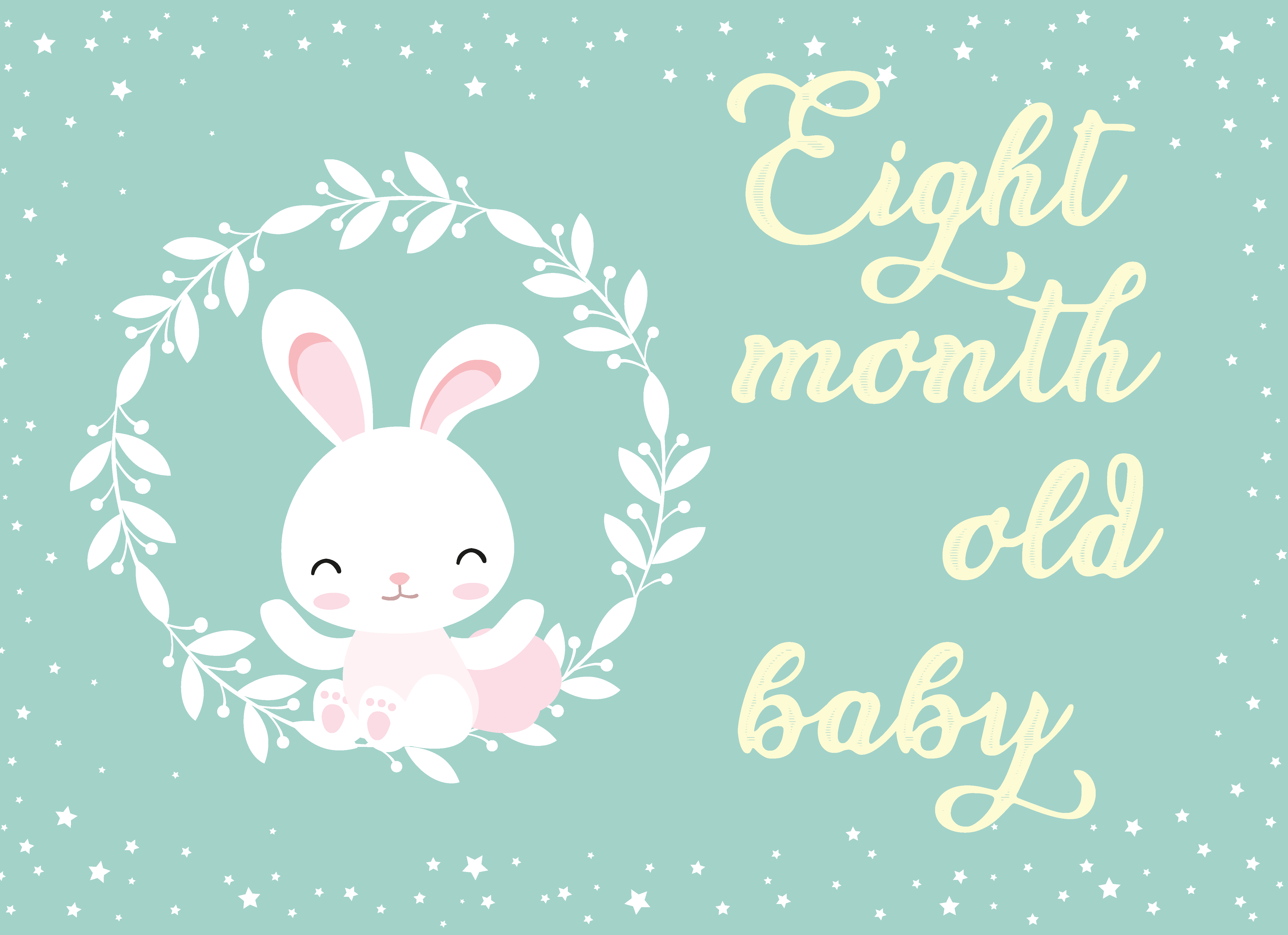

Leave a Reply
View Comments